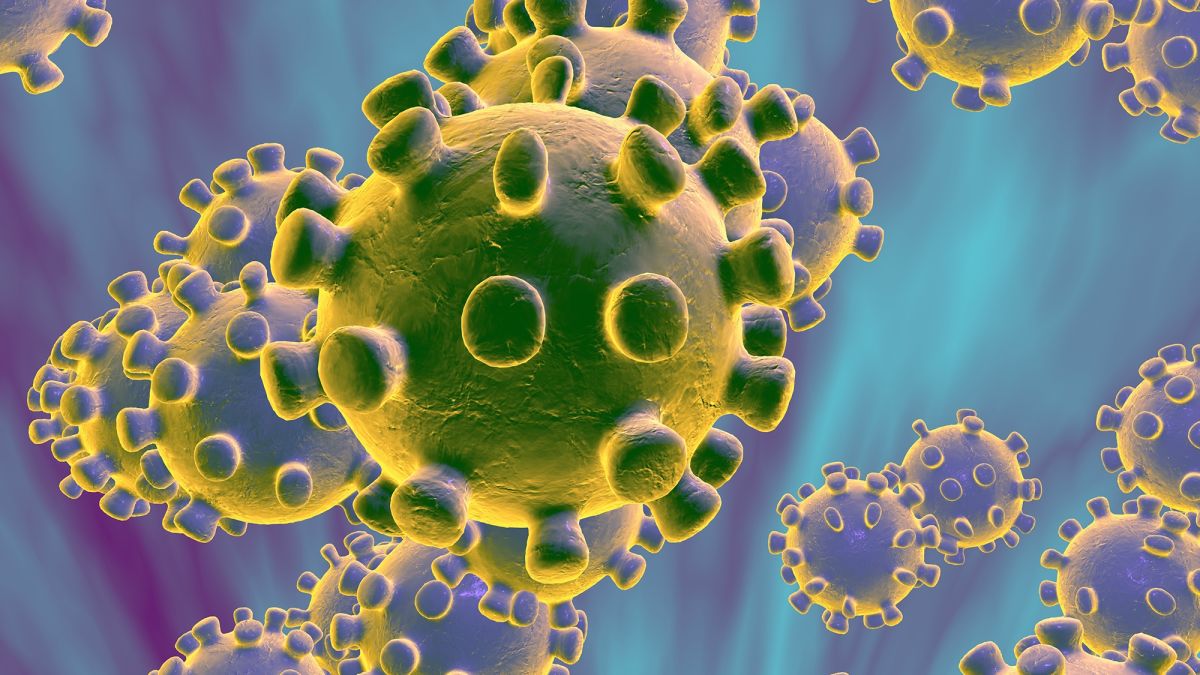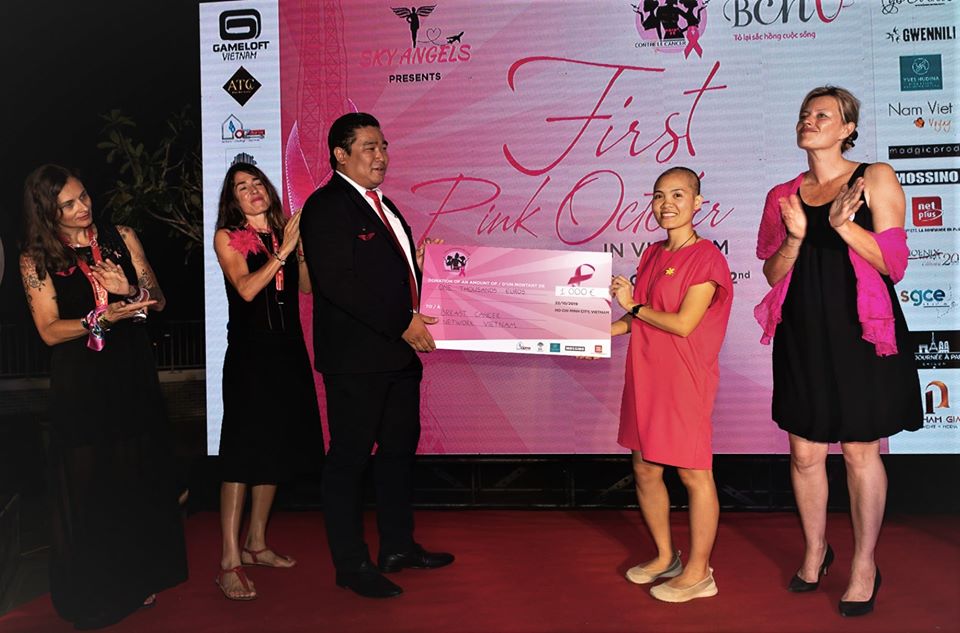Complementary treatment is one of the primary concerns of cancer patients living in the Asian cultural environment. BCNV would like to submit a brief summary of what you need to know about the additional treatment options available at Novatis Cancer Center – Australia’s Novatis Pharmaceuticals.
Complementary therapies are the term used to describe a range of treatments and practices that are not usually prescribed by GPs, cancer specialists and other medical specialists. Some patients choose to use complementary therapies – in addition to traditional therapies – believing they help improve health and quality of life.
Many complementary therapies have not been thoroughly researched and their effects, therefore, have not been scientifically recognized. You should discuss with your doctor if you plan to use any additional treatment as additional therapy may interact with Western treatments. You should not discontinue Western medical treatments when supporting additional therapies.
Some complementary therapies show different benefits and effects for cancer and cancer treatment including:
> Consultation, meditation, relaxation: help relieve stress / depression;
> Acupuncture: help reduce nausea or vomiting, reduces fatigue and relieves pain;
> Massage aromatherapy: improve sleep and help relax;
> Yoga and physical activity: improve sleep, reduce anxiety, despair and fatigue;
> Tai Chi: Lighten / soften pain, improve flexibility, health and reduce stress;
> Music and art therapy: focus attention, help relax, relieve pain and help express / express emotions;
> Herbal remedies: Reduce digestive disorders, enhance appetite, and increase resistance to infection. However, you should talk to your doctor before using herbal medicines to make sure the drug does not interact with any of the prescribed medical treatments.
Cr: Novatis Oncology BCNV 1/2014












